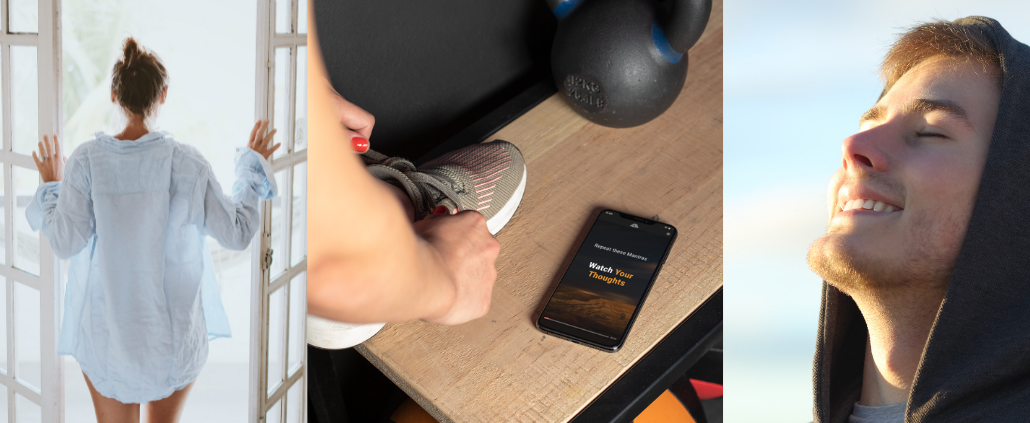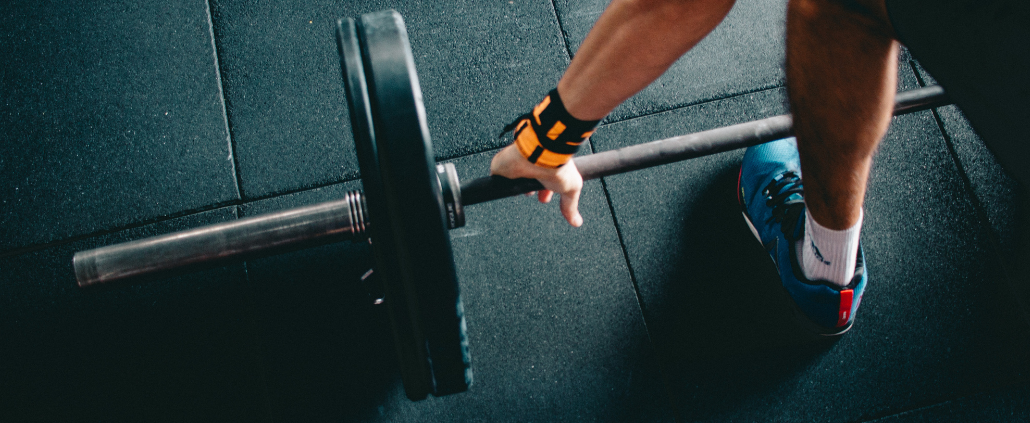Best Practices to Win the Morning: 3 Steps to Master Your Morning Routine
Waking up in the morning can be tough. I get it, the bed is warm and cosy, obligations don’t exist, and everything is calm. But imagine being able to master your morning and looking forward to, rather than dreading, the sound of your alarm.
1. The Night Before
Preparing yourself the evening before sets you up to win the morning.
Some tips:
- Aim for 7-9 hours of sleep a night.
- Set an alarm (and stop hitting snooze!).
- Hydrate, hydrate, hydrate.
- Write down your to-do list and prioritise.
Check out our article on how to optimise your sleep for recovery here!
2. Set the Right Intentions
The right mindset changes everything. But that’s way easier said than done, I know. I try to remind myself of my non-negotiables, those things that are so important to me that I will do them regardless of how much time I have or how tired I am, because I know that they will help me master my morning.
I always ask myself: what makes me feel confident and ready to tackle the day?
I have a few non-negotiables for my morning routine:
- Reenergise – whether it be a gentle yoga flow or a hardcore kickboxing workout, I love getting some movement in straight away.
- Refresh – two minutes or an hour, I like to sit still and try to relax into my body and my mind. It’s not really meditation (my overactive mind does not like the thought of that, but more of a grounding moment for myself). Learn more about the benefits of mindfulness without meditation here.
- Refocus – for me this means a cup of tea and a cold shower. I know, I know, but the benefits are promising. Did you know that an ice-cold shower can help improve circulation and strengthen the immune system?
3. Find What Works for You
So many people say “wake up early, be productive – you’ll automatically be better off for it”! I disagree. I’m an early riser and I love having a long morning routine to center myself and dive into some deep work. However, just because it works for me, doesn’t mean it works for everyone. It certainly doesn’t work for my sister. She prefers an extra hour or two of sleep in the morning and starts her day with a cup of coffee and cuddles with the dogs. I say – do what works for you! It might take a little trial and error, but there is no magic morning routine – find what suits you and fits your lifestyle. Win your morning, your way.
Oh, and while you’re at it, don’t forget to do something that brings you joy today. Whether that be your favourite cycling route or finally starting that book you’ve wanted to read for ages, go for it!
Bonus: some food for thought to help win your morning.
Today, I am most excited about __________.
I am thankful for __________.
My affirmation today is __________.
Read more about the impact of positive self-talk on your mood and performance here.
Bonus #2: add the Rewire App.
Adding the Rewire App and the readiness assessment to your morning routine can help you have the best day, every day.
Feeling drained? Primed? Baseline? – Rewire has customised training and recovery plans for every mood to help you make the most out of your day. Win your morning with Rewire – download the Rewire App today.
Bonus #3: Level up your Brain Health
Check out this Rewire article to learn 5 simple habits that could improve your Brain Health.










